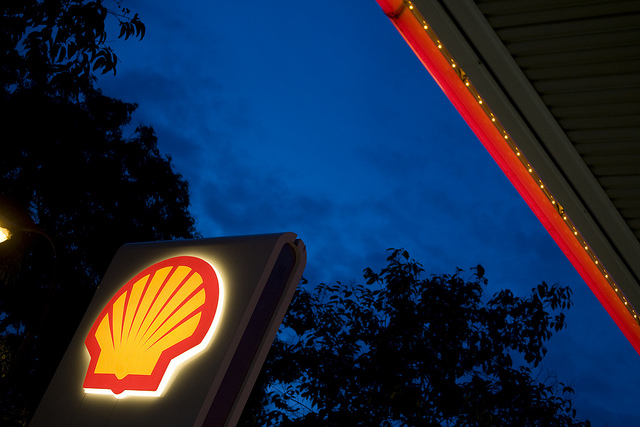Oil and gas giant Shell recorded its “highest-ever” annual profits in 2022 amounting to £32.2 billion, with only £1.86 billion estimated to be paid via the UK and EU’s windfall taxes for the year.
These extraordinary figures are an increase on the £15.71 billion profits achieved in 2021, with the energy giant having profited significantly from the ongoing war in Ukraine, which resulted in many countries working to wean off fossil fuels from Russia.
Shell’s Adjusted EBITDA for Q4 sat at £16.76 billion ($20.6 billion), despite lower oil and gas prices in comparison to Q3 2022. Q4 2022 also saw Shell record higher profits than the previous quarter with £7.97 billion ($9.81 billion). Q3 saw Shell post profits of £7.72 billion ($9.5 billion).
The profits, which had been heavily influenced by oil and gas assets and volatility in the UK and Australian markets, have prompted further calls for a higher windfall tax on oil and gas giants with the firm having only been impacted by a 25% levy.
The Energy Profits Levy – the oil and gas windfall tax announced in May 2022 – has since been expanded and extended by Rishi Sunak, the UK’s Prime Minister. This taxation increased from 25% to 35% from 1 January 2023 and will come to an end on 31 March 2028 as opposed to December 2025 meaning Shell’s profits could drop in 2023.
Additionally, the Investment Allowance has been reduced to 29% of investment expenditure, other than decarbonisation expenditure which will continue to qualify for the current 80% rate.
This allowance has previously been condemned as a loophole by many in opposition parties and green organisations. At its previous rate, it allowed companies could save 91p for every £1 they invest. This nearly doubled the tax relief available, ensuring the more a company invests, the less tax they will pay.
The profits recorded by Shell highlight this loophole, according to many commentators, and showcases why this must be changed to ensure the renewable sector and equally the British public are not damaged by these profits.
In addition to this, Ed Miliband, Shadow Climate and Net Zero Secretary, Labour MP for Doncaster North, referenced the lack of a “proper” windfall tax by the UK Government.
Rachel Reeves, Shadow Chancellor of the Exchequer and Labour MP for Leeds West, also called on the UK Government to hike the windfall tax as consumers continue to worry about energy bills.
Shell’s results prompted The Trades Union Congress (TUC) to condemn the profits “an insult” to working families.
“These obscene profits are an insult to working families. As households up and down Britain struggle to pay their bills and make ends meet, Shell are enjoying a cash bonanza. The time for excuses is over. The government must impose a larger windfall tax on energy companies. Billions are being left on the table,” said Paul Nowak, general secretary of TUC.
“Instead of holding down the pay of paramedics, teachers, firefighters and millions of other hard-pressed public servants, ministers should be making big oil and gas pay their fair share. There is nothing stopping Rishi Sunak and Jeremy Hunt from making that political choice.”






